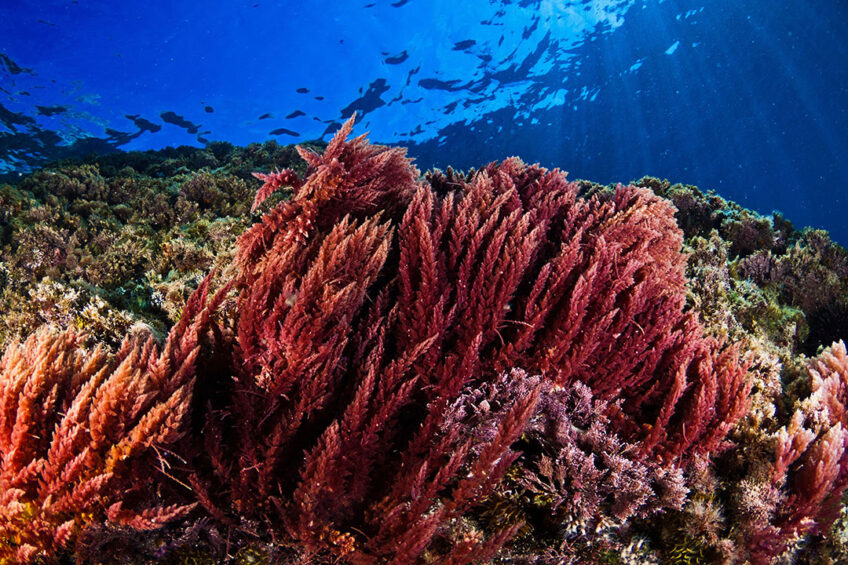
Exploring the Potential of Feed Additives for Methane Reduction in Livestock
Introduction
Welcome once more to my research blog! I will discuss recent findings and progress in this week’s update. As a researcher in climate change, agriculture, and food security, I evaluated the potential benefits of feed additives for reducing methane emissions from enteric fermentation in ruminant livestock. Let’s look at the most important aspects of my investigation!
Focus and Objectives
The primary objective is to identify effective strategies for reducing methane emissions from livestock, especially within the context of the cattle industries. The objectives include evaluating the impact of natural feed additives, undertaking a life-cycle assessment (LCA) to assess their environmental implications, and compiling data on the range of percent reduction achieved by various inhibitors.
Progress
I have spent the past week conducting a comprehensive literature review on the effectiveness of natural feed additives in reducing methane emissions. I scoured scientific databases and research articles to glean insights and conclusions from pertinent studies. Here is a summary of the accomplished work:
- Literature Review: I thoroughly reviewed studies exploring the use of essential oils, tannins, seaweeds, plant extracts, probiotics, and direct-fed microbials as feed additives. This allowed me to understand their potential in reducing methane emissions and establish an average % reduction range for each type.
- % Methanogenesis Reduction: By analyzing multiple studies, I compiled the average and range of % reduction achieved by each feed additive type. The findings showed promising results, with essential oils and plant extracts exhibiting substantial reduction ranges.
- Sustainability Considerations: I examined the sustainability aspects related to the production of feed additives. This involved assessing the potential environmental impacts associated with their large-scale production and evaluating their scalability to make a global impact on ruminant emissions reduction.
Key Discovery
- Essential Oils: On average, essential oils demonstrated a % reduction range of 17.42%, with a range of 2% to 25%.
- Tannins: Tannins showcased an average % reduction range of 18.29%, ranging from 0.05% to 80%.
- Seaweeds: Studies indicated that seaweeds have the potential to achieve a significant reduction range of 40.29%, ranging from 0% to 98.8%.
- Plant Extracts: On average, plant extracts displayed a % reduction range of 38.48%, with a range of 0% to 98%.
- Probiotics: Probiotics showed an average % reduction of 20% in methane emissions.
- Direct-fed Microbials: Direct-fed microbials demonstrated an average % reduction range of 32.67%, with a range of 13% to 50%.
A look Back

I had the opportunity to gain a deeper understanding of the efficacy and potential of natural feed additives in reducing methane emissions from enteric fermentation over the past week. It was intriguing to investigate the wide variety of feed additives and their varying efficacy. In addition, an examination of the sustainability considerations surrounding their production revealed the need for environmentally favorable and scalable approaches to reduce ruminant emissions on a global scale.
Moving Farward
The future will see me concentrating on refining the LCA model used to evaluate the environmental impact of feed additives. I intend to validate the percent reduction ranges through additional primary studies and investigate the specific sustainability considerations for the manufacturing of each inhibitor type. In addition, I intend to investigate the potential synergistic effects of combining multiple inhibitors for enhanced methane reduction.
Thats it for now, stay tuned!!!